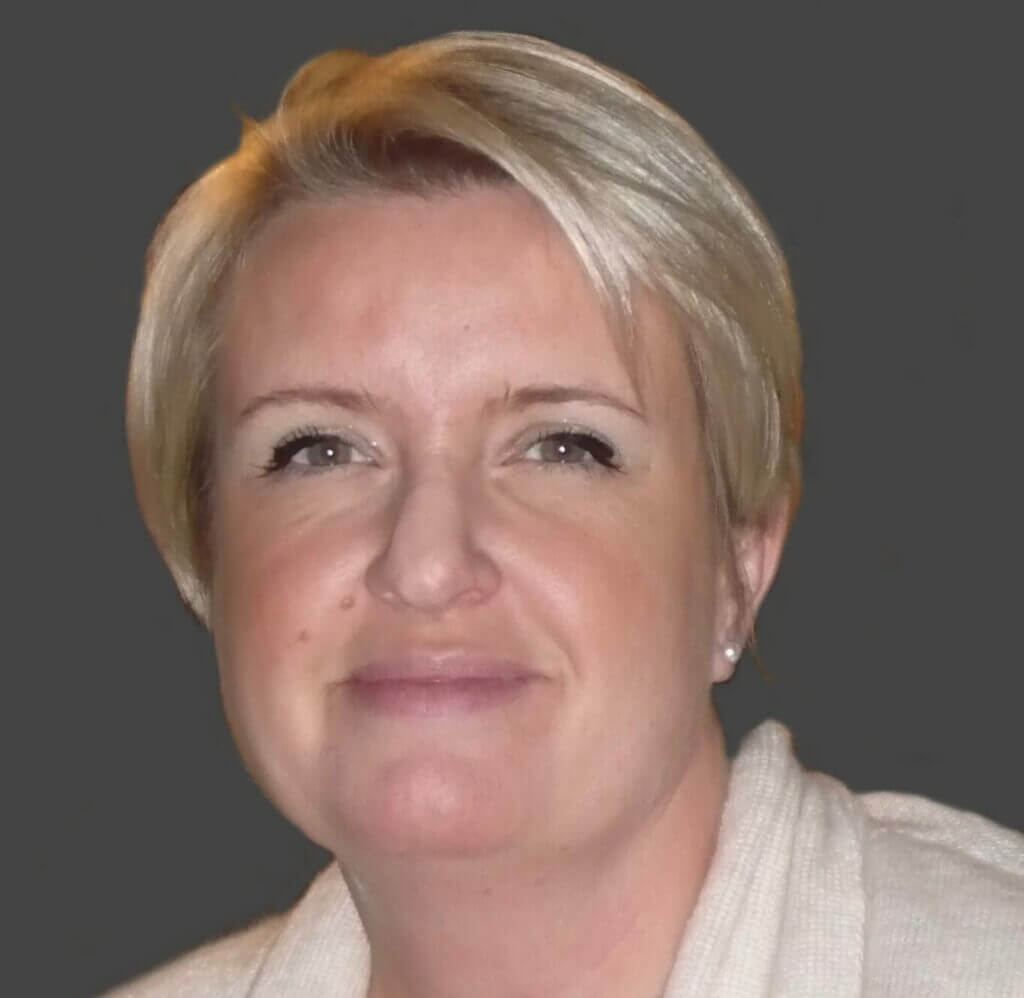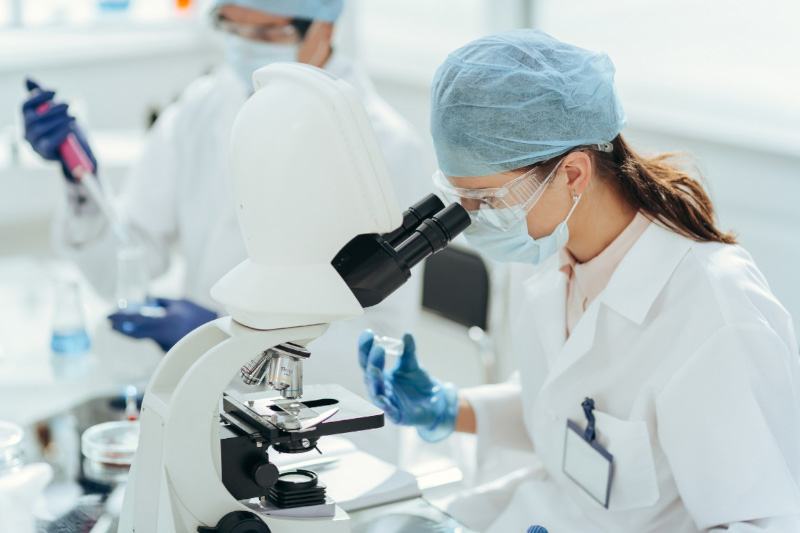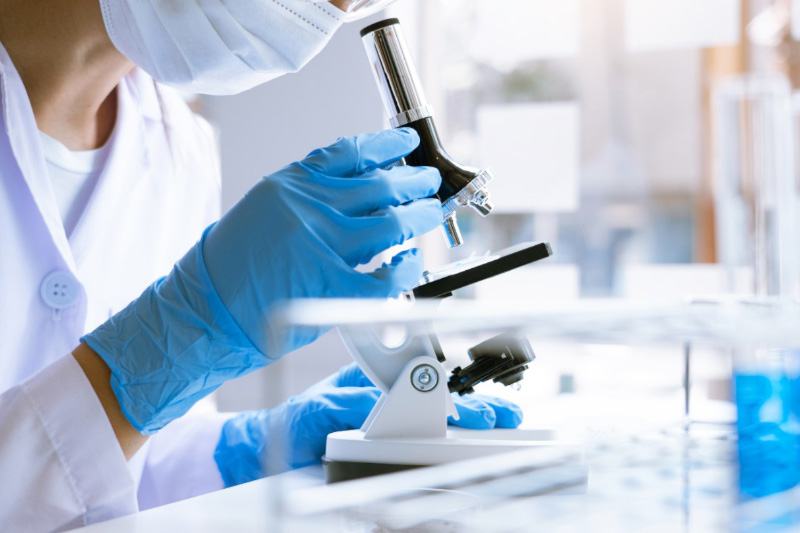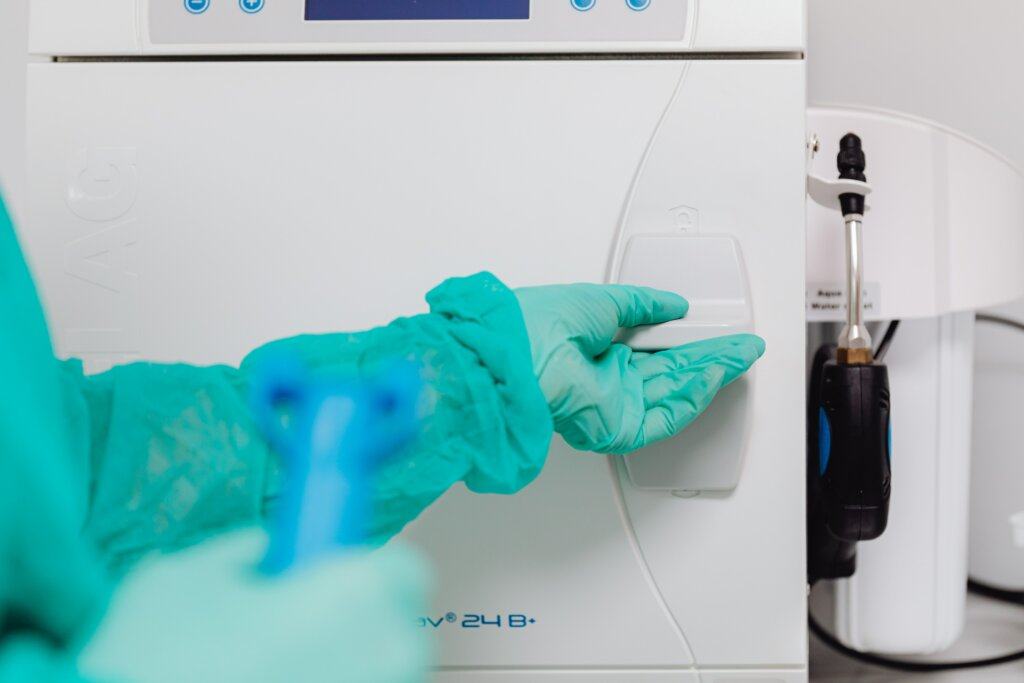Your cart is currently empty!
Medical Device Biological Evaluation Plan, Report, and Strategy Consulting
Why Companies Choose NAMSA
Medical Device Tests Run Last Year
DABT Toxicologists on Staff
Year NAMSA Started Testing Medical Devices
BEP/BER Prepared Last Year
Developing a Medical Device Biological Evaluation Plan (BEP)
A BEP is most often needed for new devices not previously marketed, and may be needed for existing devices undergoing modification. NAMSA offers comprehensive analyses detailing acceptable and deficient areas (gaps) between an existing set of data and new regulatory requirements for devices, including reports of remediation and sequence recommendations. When developing a Biological Evaluation Plan for manufacturers, we consider a variety of physical and chemical factors including:
- Device intended use, nature and duration of body contact
- Device materials of construction and configuration
- Manufacturing processes, including additives, process contaminants, and residues
- Leachable substances and degradation products
- Packaging materials with direct or indirect contact
- Exisiting toxicological and biological testing data
This will be done for all materials/components contained in your final device. Your plan will also identify the biological endpoints of concern, evaluate additonal existing research and examine systemic and local effects (as needed). Your final plan will include specific chemical and biological testing recommendations to address remaining biological risks.
Quick Facts About Biological Evaluation Plans and Reports
- Development of a Biological Evaluation Plan is usually required for new or modified devices.
- ISO 10993-1 provides a framework for biological evaluation of medical devices.
- Devices that contact skin or tissue require a Biological Evaluation Report.
- Your strategy will consider assessments of toxicology, leachables, biocompatibility, risk, and more.
Biological Evaluation Reports (BER)
As part of a Biological Evaluation Report, NAMSA’s biological safety experts perform an overall evaluation of a device/family of devices with specific consideration to the nature of patient contact and intended clinical use, potential hazards associated with the materials of construction, clinical history of the materials of construction, and much more as outlined above. The biological evaluation report is prepared according to ISO 10993-1, US FDA Biocompatibility Guidance and ISO 14971. The report we prepare for you will follow a risk management framework including:
- Risk analysis including a review of raw materials data (at a minimum), manufacturing process/es and when available, non-clinical studies, clinical data and post-market surveillance data
- Risk evaluation (i.e., discussion based on gathered information to determine whether or not complementary tests are necessary)
- Risk control (i.e., testing plan, including chemical characterization and/or biological tests to mitigate identified/remaining biological risks not appropriately addressed)
- Overall risk assessment (i.e., after implementation of risk control measures, when required, to determine whether implemented measures are sufficient to mitigate risks or whether any new risks are raised and further investigations are necessary)
- Re-assessment of risk (in the case of device changes)
Experience and Peer Reviews Add Extra Measure of Certainty
NAMSA conducts 100,000+ biological safety tests and prepares hundreds biological safety plans and/or reports each year. Our team has deep expertise with a wide variety of therapeutic areas. In addition, our team of Board-Certified Toxicologists (DABTs) are available to provide credibility as a third-party reviewer and to vigorously critique scientific claims and research to ensure integrity of data and resultant claims. NAMSA has numerous accreditations, including ISO/IEC 17025.
Meet NAMSA’s Experts
Explore the depth of our team’s biological safety expertise.
-
Catherine Tremolieres, DVM
 Manager, Biological Safety & Validation Consulting Services, EuropeView Bio
Manager, Biological Safety & Validation Consulting Services, EuropeView Bio -
Sylvie Framery, PhD
 Senior Principal Biological Safety ScientistView Bio
Senior Principal Biological Safety ScientistView Bio -
Megan A. Hahn, PhD, DABT
 Senior ToxicologistView Bio
Senior ToxicologistView Bio -
Céline Furne, PhD
 Biological Safety ScientistView Bio
Biological Safety ScientistView Bio -
Michelle Kelly, BSc, MSc, ERT
 ToxicologistView Bio
ToxicologistView Bio -
Don Pohl, BS
 Principal Strategy Consultant, BiocompatibilityView Bio
Principal Strategy Consultant, BiocompatibilityView Bio
Related Services That May Interest You

Biocompatibility Testing

Microbiology Testing
